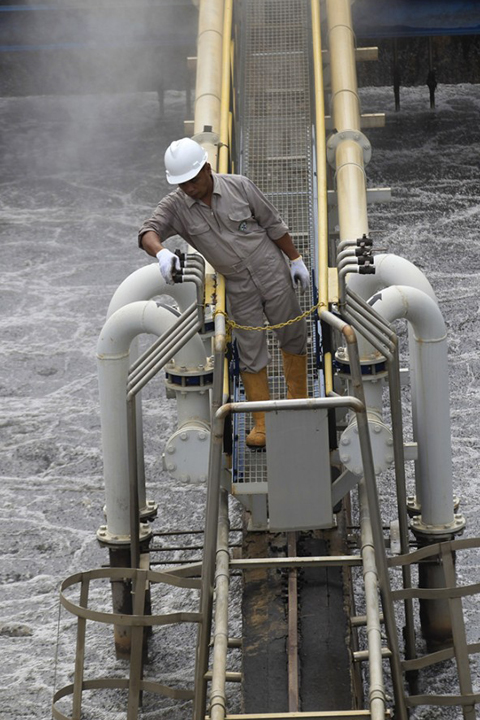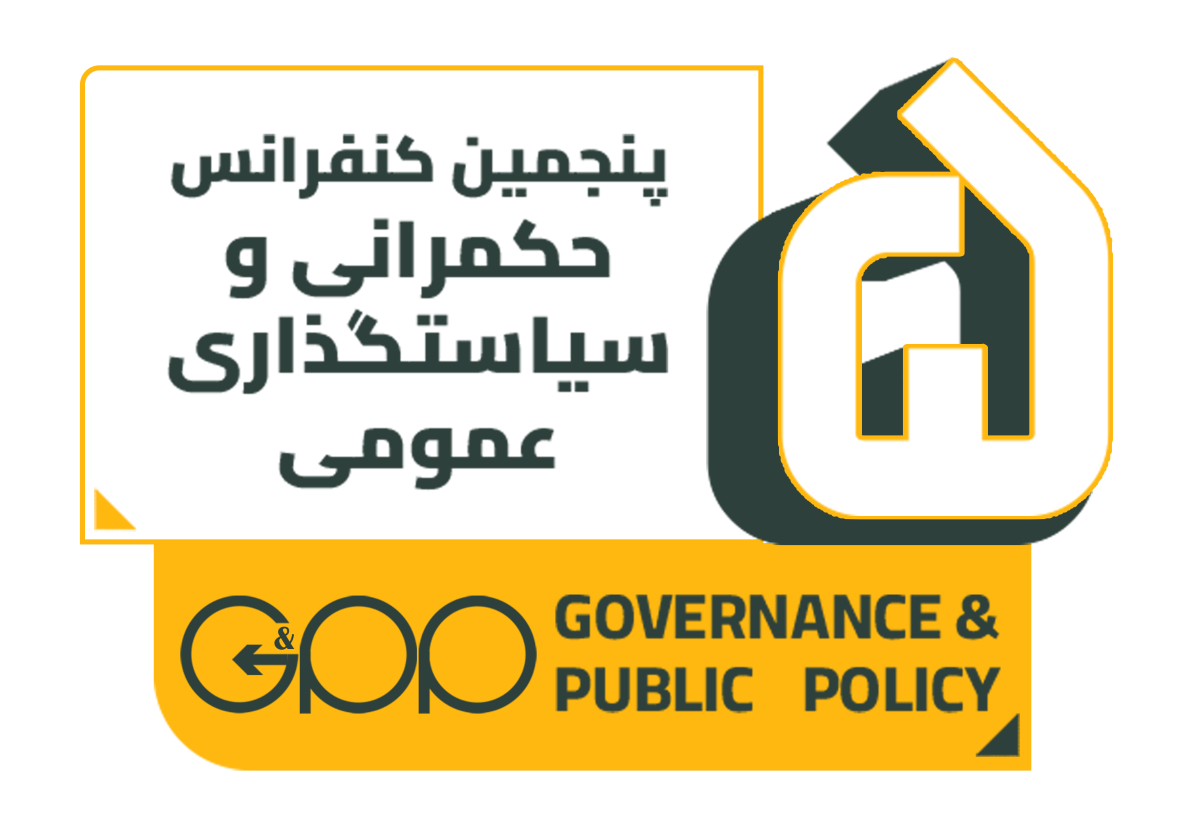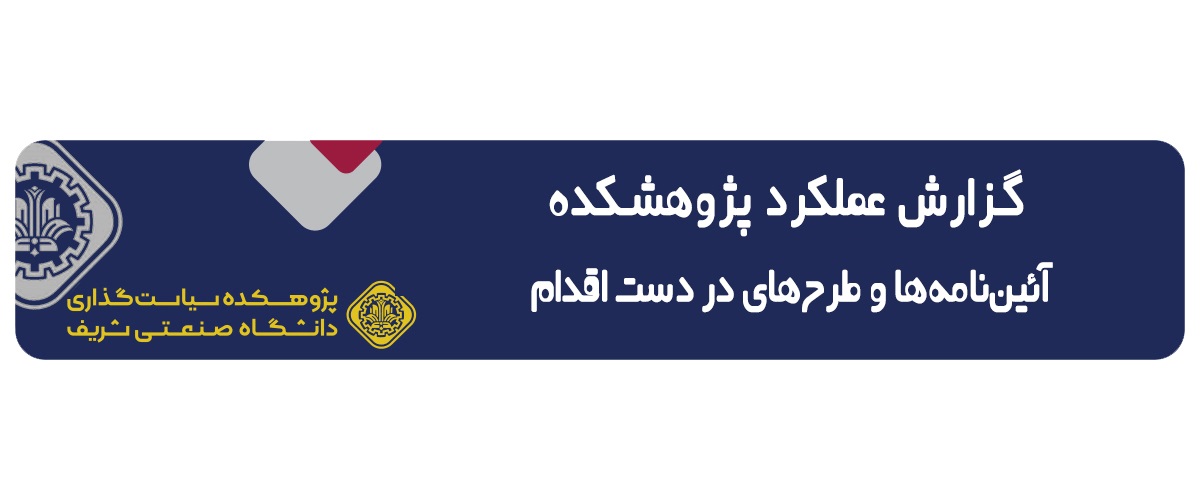خلاصه
Governance is key to tackling water challenges and transforming water management under the increasing pressures of competing water uses and climate change. Diverse water governance regimes have evolved in different countries and regions to regulate the development and management of water resources and the provision of water services. Scholars and policy analysts have been comparing these water governance regimes to analyze elements and processes, to assess performance, or to draw lessons. Although the number of such studies has increased since the 1980s, no comprehensive synthesis exists. We present such a synthesis by conducting a systematic review of the emerging field of comparative water governance studies, and we critically reflect on how water governance is defined, conceptualized, and assessed in different contexts. Based on the resultant insights, we identify four areas for future research: (1) improving the balance between small-, medium-, and large-N studies that are used in comparative studies of water governance; (2) conducting longitudinal comparisons of water governance to identify temporal governance trends and patterns; (3) expanding the geographical coverage of the comparisons to include underrepresented countries and regions, focusing more broadly on the global South; and (4) addressing the issues of justice, equity, and power, which are becoming increasingly important in tackling the water governance challenges that are exacerbated by the effects of climate change, industrialization, and urbanization








